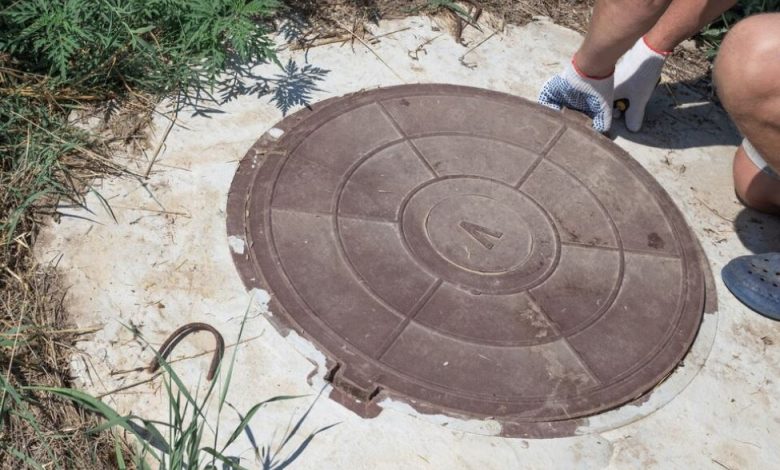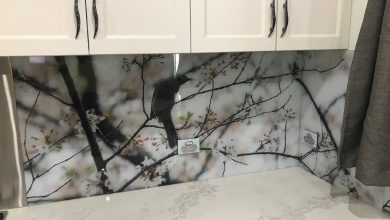Well Water Maintenance Do’s and Don’ts

Many homeowners consider installing a well water system because of their cost-effectiveness and long lifespan. However, proper care and maintenance is vital to keep it functioning efficiently.
When it comes to water quality, well maintenance is of utmost importance. If you don’t follow a few basic rules, you may find yourself with contaminated water. These rules range from checking for contaminants to disinfecting your well. You also need to keep harmful materials away from your well system. Keeping your water supply clean and sanitary is one of the best ways to ensure its long-term quality.
One of the best ways you can take care of your system is by getting a water well inspection. This inspection involves a thorough evaluation of your entire water system wherein the inspector examines all the parts of your pressure tank.
Whether you have recently moved into a house with a well or are thinking about installing one, the well inspection cost will depend on the inspector’s rates and the type of water tests needed to conduct. Ensuring that your water is safe to use is essential. Here are a few do’s and don’ts to keep your water supply safe.
DO
- Routinely check your water system. Look for signs of damage or deterioration. It might also be beneficial to schedule frequent water testing to check for bacterial pollutants and ensure that your water satisfies basic quality requirements.
-
- If you have any difficulties, contact your well driller or installer. Get expert assistance if you are experiencing issues with the well, pump, or system components.
- Make sure to keep all your documents from your well’s installation to simplify water well maintenance by providing the professionals basic information about its technicalities.
DON’T
- Keep chemicals, solvents, or gas close to your well. An accidental spill may poison your well or leak into the groundwater that supplies it.
- Not centering on a specific issue. Well water treatment procedures are designed to filter out specific contaminants rather than to eliminate all impurities. Buy a filtration system that specializes in the contaminants found in your water.
Here are additional information for your Well Water Maintenance.
Checking for contaminants
While natural aquifer filtration does not produce high levels of chlorine or fluoride, you should check your well for contaminants. Bacteria, viruses, arsenic, copper, and nitrate are just a few of the possible contaminants that can affect the quality of your water. If you suspect the presence of a certain contaminant, consider installing a water treatment system to get rid of it.
To ensure the quality of your water, you should test it at least every year. Moreover, if you have been experiencing any gastrointestinal illness or noticed an unpleasant odor, you should test your water. You should also store hazardous materials away from the well. Mixing chemical products with water can cause contaminants to siphon into the household water system. If you are unsure of whether your water is free of contaminants, contact a professional contractor.
You should check your wellhead for cracks and openings. You should also test your water after a flood, particularly if it was caused by a natural disaster. This is because contaminants can enter the well when the well is underwater or is repaired. If your water contains contaminants, it’s important to get it tested before you use it for drinking or other purposes. If you do not, you may find yourself with a serious problem.
Disinfecting your well
You should disinfect your well regularly. Disinfecting the water may require adding liquid chlorine bleach to the well. You can use household bleach or food grade white vinegar, but be sure to use an unscented product, as scented bleach will lose its potency over time. To disinfect the water in a larger distribution system, you may need to add more bleach. Before disinfecting the water, be sure to wear protective gear, and flush the bleach solution from your skin with clean water.
Before disinfecting your well, you should remove any debris and dirt on the interior surfaces. It’s also a good idea to pump the water in order to get rid of any foreign matter and suspended solids. You should then clean the interior surfaces with a strong chlorine solution made of half a gallon of household bleach per five gallons of water. You should repeat the disinfection process every two to three weeks to ensure that it has effectively cleaned your water system.
Keeping hazardous materials away from your well system
The first step to prevent contamination of your well system is to keep household chemicals and waste materials out of your water supply. This includes paint, motor oil, and household chemicals. Instead, dispose of them at household hazardous waste collection sites or recycling centers. Regularly check your well for contaminants by looking for abandoned wells, septic tanks, or chemical storage. If you have livestock, make sure they are out of the water supply.
Another important step in protecting your water supply is to keep livestock and hazardous materials off of your property. Even small amounts of hazardous products can leak onto your property. The proper disposal of these materials can reduce the risk of contamination and toxic health effects. However, improper storage and disposal of hazardous chemicals can still cause contamination of your drinking water. For this reason, you must consider the surrounding areas as well as the well itself. After all, your well is an integral part of your home’s water supply.
Testing for contaminants in your well
The health department recommends testing for total coliform bacteria, nitrates, and total dissolved solids in private well water. If you notice a significant change in the water’s appearance, you should contact the local health department. People with sensitive health conditions should also test their water at regular intervals, especially babies and older adults. Well contractors should be able to provide you with local information about water quality problems, as well as test your water if you suspect it may contain a health risk.
The frequency of testing for pesticides, herbicides, and synthetic organic compounds in your water may vary, depending on where you live. However, if your well has recently been plugged, you may want to test the water for pesticides and nitrites. Additionally, if you’ve recently done any repairs to your well, you should have it tested. Any changes to the water’s appearance should warrant a quality check.
Install a well water system today!
Foster’s Pump Inc. is a local pump installation firm based in California which provides domestic well pumps, agricultural turbine pumps, and submersibles services.
Contact them at (209) 667-5454 or visit their website www.fosterspumpinc.com/ for more information and inquiries.





